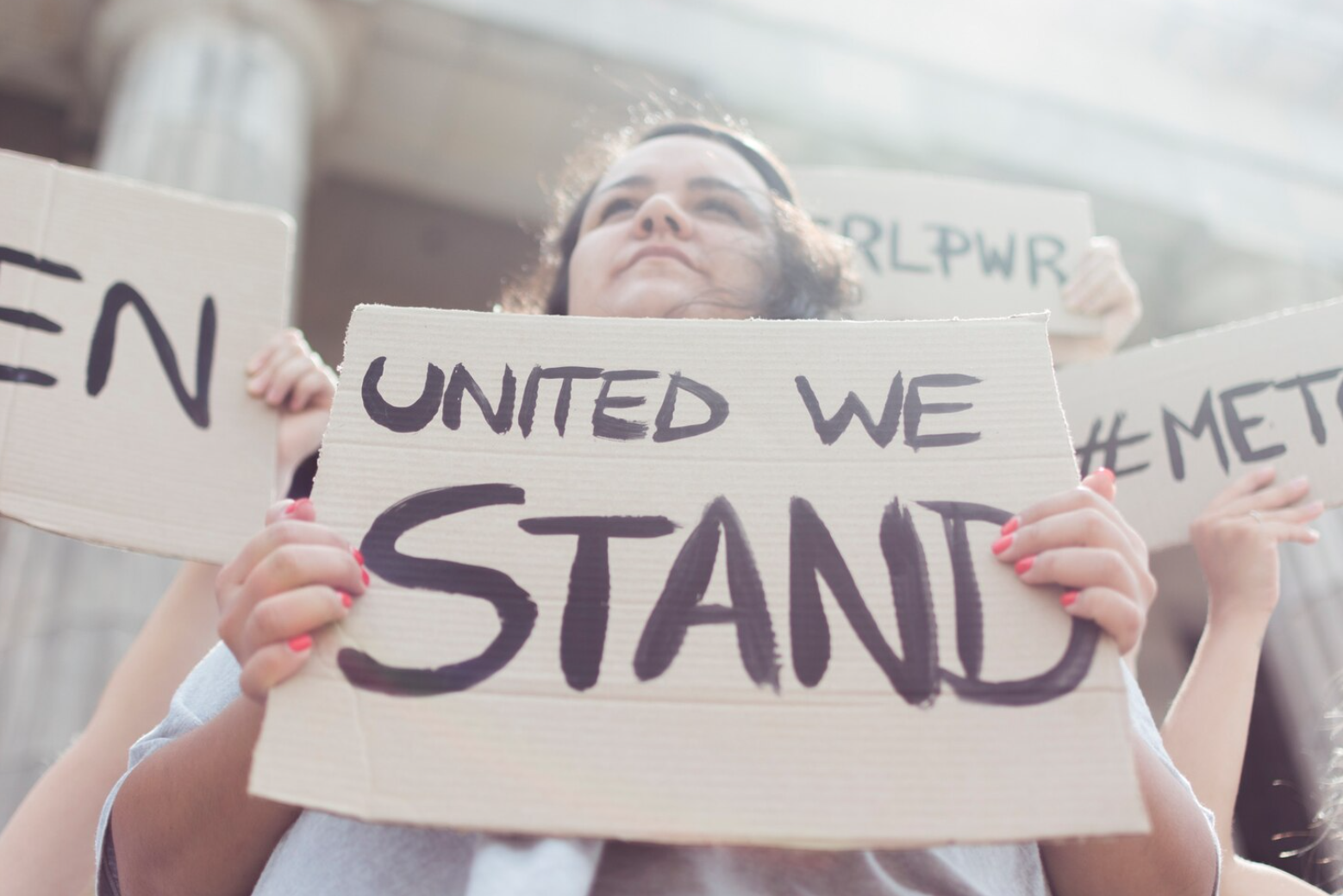Freedom of Expression: Empowering Voices and Promoting Democracy

In this blog post, we will explore the concept of freedom of expression, its definition, historical significance, challenges faced, and ways to contribute to its preservation. Freedom of expression is a fundamental human right that plays a crucial role in fostering democracy, facilitating public discourse, and advancing societal progress.

Freedom of expression is the right to express one's thoughts, opinions, ideas, and beliefs without interference or censorship. It encompasses various forms of expression, including speech, writing, art, media, and digital communication. The Universal Declaration of Human Rights (UDHR), adopted by the United Nations General Assembly in 1948, recognizes freedom of expression as a fundamental human right in Article 19.

The United Nations (UN) has several entities that work towards the protection and promotion of freedom of expression, including the Office of the High Commissioner for Human Rights (OHCHR) and UNESCO (United Nations Educational, Scientific, and Cultural Organization). These entities monitor violations, provide guidelines, and support initiatives to safeguard freedom of expression globally.
The Significance of Freedom of Expression

- Democracy and Governance: Freedom of expression is essential for democratic societies as it allows individuals to participate in public debates, express their political views, and hold governments accountable.
- Pluralism and Diversity: It promotes pluralism by enabling the expression of diverse ideas, opinions, and cultural perspectives. This fosters tolerance, understanding, and respect for different viewpoints.
- Innovation and Creativity: Freedom of expression fuels innovation and creativity by providing a platform for artists, writers, and thinkers to express themselves, challenge societal norms, and contribute to cultural progress.
Examples from History

- The Enlightenment Period: The Enlightenment in the 17th and 18th centuries marked a turning point in the recognition of freedom of expression as a fundamental right. Thinkers like Voltaire and John Stuart Mill advocated for the free exchange of ideas and challenged censorship.
- Civil Rights Movement: During the mid-20th century, the Civil Rights Movement in the United States fought for freedom of expression, demanding equal rights and an end to racial segregation. Activists such as Martin Luther King Jr. used their voices to advocate for justice and equality.
Challenges

- Censorship: Governments and authorities may impose restrictions on freedom of expression, such as through censorship, laws that criminalize dissent, or control over the media.
- Online Spaces: The rise of the internet and social media has brought new challenges to freedom of expression. Issues like online harassment, hate speech, and disinformation pose complex challenges that require careful balancing of rights and responsibilities.
Contributing to Freedom of Expression

- Promote Media Literacy: Educate yourself and others about media literacy, critical thinking, and responsible use of information. By understanding media biases and misinformation, individuals can make informed decisions and contribute to a healthier media ecosystem.
- Support Independent Journalism: Consume news from diverse sources, including independent media outlets. Support and subscribe to reputable news organizations that adhere to ethical journalism practices.
- Advocate for Legal Protections: Support organizations that work to protect freedom of expression, both globally and in your local context. Advocate for legal frameworks that safeguard this right and challenge laws that infringe upon it.
- Engage in Constructive Dialogue: Foster respectful and open dialogue with others, even when opinions differ. Listen to different perspectives and seek common ground, promoting a culture of free expression and mutual understanding.

Freedom of expression is a fundamental human right that allows individuals to express their thoughts, ideas, and opinions freely. It plays a critical role in democratic societies, fostering dialogue, innovation, and social progress. By understanding its significance, addressing the challenges, and actively contributing to the preservation of freedom of expression, we can ensure a society that values diverse perspectives, upholds democratic principles and promotes the well-being of its citizens.
Sources
- Universal Declaration of Human Rights (UDHR): https://www.un.org/en/universal-declaration-human-rights/
- Office of the High Commissioner for Human Rights (OHCHR): https://www.ohchr.org/
- UNESCO: Freedom of Expression: https://en.unesco.org/themes/freedom-expression
- Voltaire, John Stuart Mill, and the Enlightenment: https://plato.stanford.edu/archives/win2008/entries/enlightenment/
- The Civil Rights Movement: https://www.history.com/topics/black-history/civil-rights-movement
- Reporters Without Borders: https://rsf.org/
- Media Literacy: UNESCO's Global Media and Information Literacy Assessment Framework: https://en.unesco.org/global-mil-assessment
- Ethical Journalism Network: https://ethicaljournalismnetwork.org/









